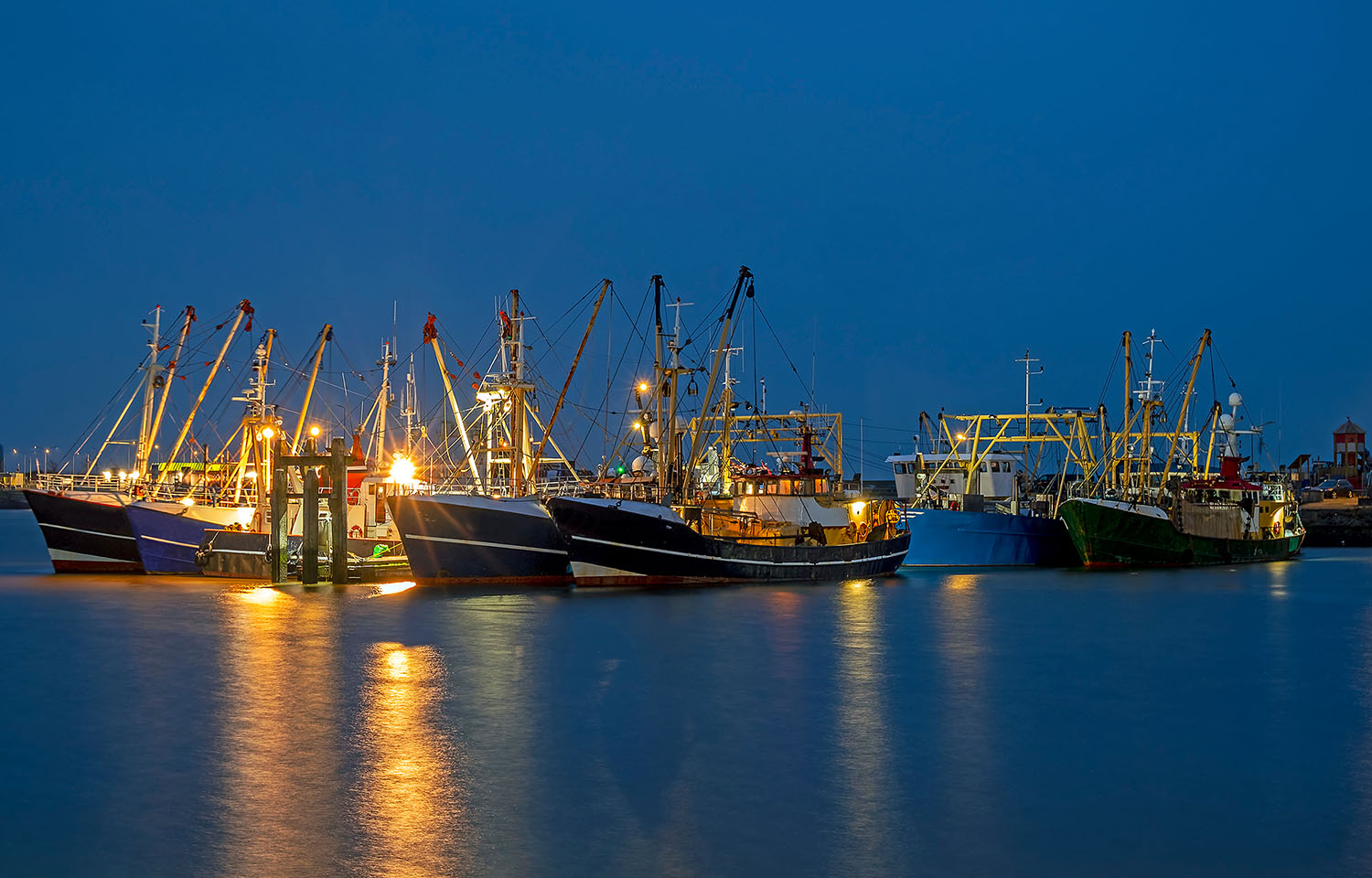World Trade Organization (WTO) negotiators have failed to conclude a deal prohibiting harmful fishery subsidies before the agency’s planned summer recess.
The Pew Charitable Trusts Senior Officer Ernesto Fernández Monge and Christine McDaniel, a senior research fellow at George Mason University, confirmed negotiators had not achieved a breakthrough despite a push by the chairperson of the talks, Iceland WTO Ambassador Einar Gunnarsson.
“We were encouraged by the willingness of the majority of WTO members to get the agreement over the finish line last week; however, we understand that the chair indicated that an agreement remains unattainable at this stage,” Monge told SeafoodSource.
With the WTO General Council Meeting taking place 22 and 23 July, focus has shifted to pushing for ratification of the 2022 fisheries subsidy deal, which has yet to be ratified. Benin and Sierra Leone ratified the 2022 deal on 19 July and Comoros and Timor-Leste followed on 22 July, but more WTO members must do so before the agreement can come into force.
“This ratification is firmly in keeping with our national policies, both economic and social, with a focus on preserving marine biodiversity, promoting sustainable fishing practices, and supporting the livelihoods of our fishing communities, some of which are under existential threats from foreign poachers and the adverse effects of climate change,” Sierra Leone WTO Ambassador Lansana Gberie said. “With this instrument, we also commit to forging ahead with the second wave of negotiations, striving to achieve a meaningful agreement sooner rather than later. So, we call upon other countries that have not done so, particularly African and small coastal states like ours, to ratify this important agreement while engaged in further negotiations.”
China, one of the major players in the ongoing negotiations on a new deal that would further tighten rules on subsidies, recently admitted some of its distant-water vessels don’t meet the standards set by the 2022 deal. McDaniel said that set a good precedent.
“It may signal to other WTO members that they can look to China for greater honesty and transparency if a second agreement is reached. But, there is a lot of work to be done,” she said. “Chinese subsidies for capacity-enhancing amount to nearly USD 6 billion [EUR 5.5 billion], and they are the single largest subsidizer of harmful fishing activities. But, you always have to start somewhere, and getting countries to change the way they subsidize their fisheries activities was never going to be easy.”
However, China has signaled it will cancel just a small number of distant-water fisheries subsidies, provided the 2022 deal enters into force.
“It’s encouraging to see China saying it will take steps to rein in harmful fisheries subsidies. This is a demonstration that, even though the first agreement has not yet entered into force, is already having substantial effects on members,” Monge said. “Once that agreement begins to be implemented, we hope China and all other signatory countries will take swift action to abide by the rules and curb the damaging payments they provide to their fishing fleets so that fish stocks around the world can begin to rebound.”
In its recent trade review on China, WTO criticized Beijing for a lack of transparency regarding data on key industries. WTO has not specified penalties for member states that fail to provide full disclosure on the subsidies they continue to pay in violation of the deal – if and when it is ratified.








